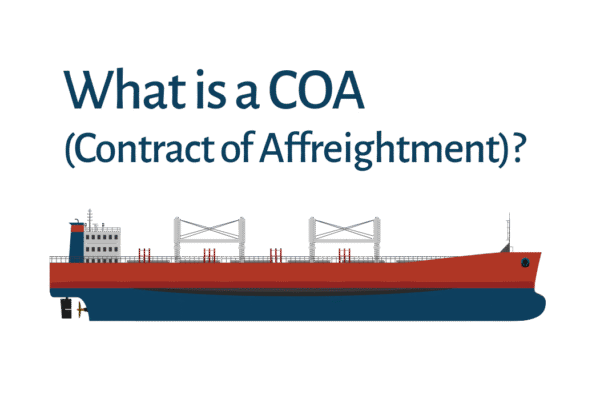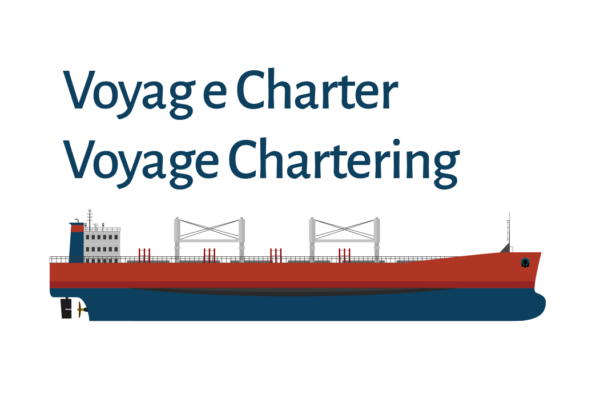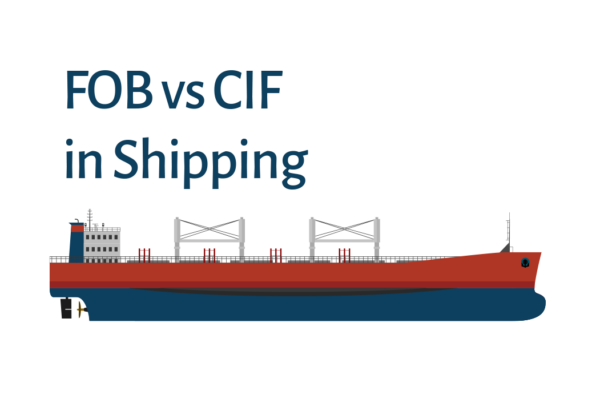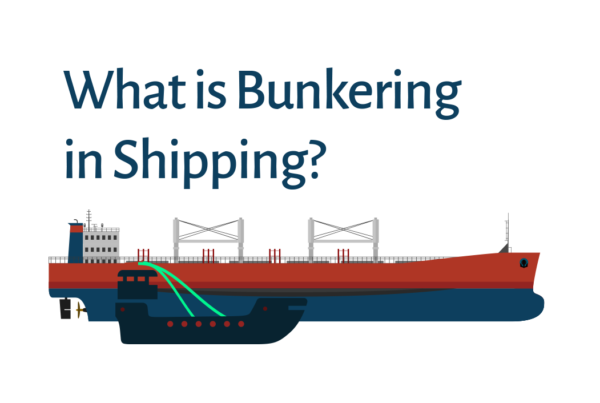Demurrage is a penalty fee charged when cargo isn’t loaded or unloaded within the agreed-upon time frame. In shipping, we call this period laytime.
This fee applies when vessels or containers stay longer at a port than planned and agreed. This delay causes delays in operations. Shipping companies impose demurrage to encourage efficiency and compensate for the indirect losses caused by delays.
In the maritime industry, demurrage plays a crucial role. It impacts shipping operations and overall costs. When delays occur, they can disrupt schedules, leading to financial losses.
The penalty fees can accumulate quickly, making them a significant factor in a company’s bottom line. Understanding and managing demurrage is important to maintaining smooth and cost-effective operations.
A thorough demurrage meaning is essential for ship owners, charterers, shippers, receivers, and logistics companies. It helps them avoid unexpected costs and legal complications. Knowing the rules and penalties associated with demurrage enables better planning and more efficient shipping operations. It also reduces the risk of disputes that can arise from delays and misunderstandings.
For ship owners, demurrage collection may determine the profit or loss of a voyage. Charterers need to be aware of demurrage charges to budget the voyage correctly. Otherwise, the actual demurrage fee may turn a profitable trade on paper into a loss.
Logistics managers must ensure that all operations align with the agreed laytime to prevent costly overruns. By understanding the definition of demurrage, all parties involved can work together to minimize delays and keep shipping operations running smoothly.
Demurrage Meaning
Demurrage Explained
In the shipping industry, demurrage is a penalty charged when cargo operations exceed the allowed time. Laytime is the agreed period for cargo operations. The demurrage fee starts counting when the allowed laytime is over. Likewise, the demurrage fee stops when the cargo operations are over.
The demurrage fee is often a daily amount agreed between charterers and ship owners. Ideally, the demurrage fee(per day in US dollars) covers the daily time charter rate, daily voyage costs, and the ship owner’s risk premium.
The term “demurrage” originates from the French word “demeurer,” which means “to delay” or “to be late.” International maritime law recognizes demurrage as a standard clause in shipping contracts, particularly in charter party agreements. It serves as liquidated damages for breaching the agreed laytime. By imposing these fees, shipping companies ensure that cargo owners or charterers take responsibility for delays, maintaining efficiency in maritime operations.
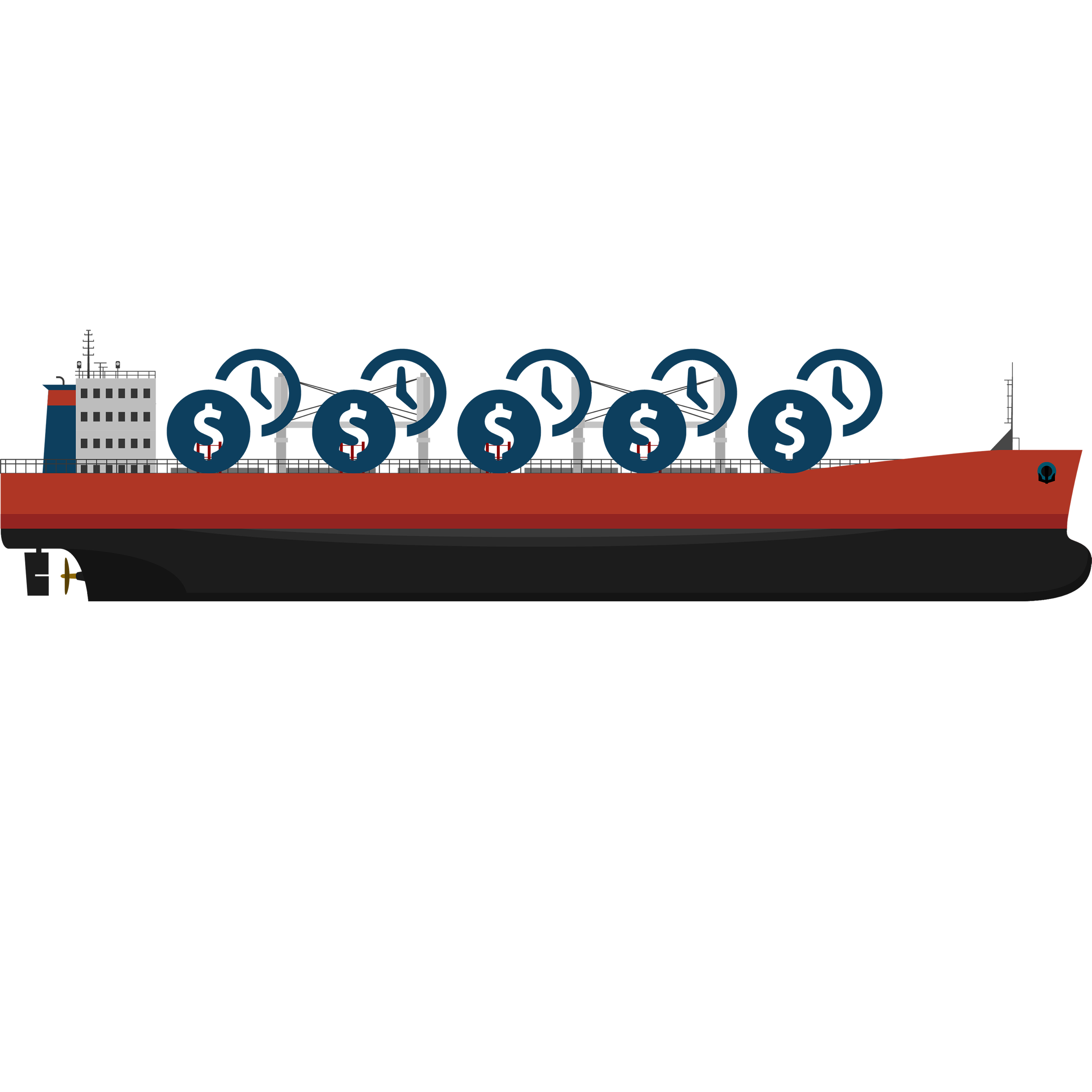
”Every minute counts in maritime—demurrage is the cost of delay, where lost time translates directly into financial penalties. Efficient operations are the key to keeping your bottom line afloat.
In charter agreements, the charterer incurs demurrage when they exceed the agreed laytime for loading or unloading cargo. This type of demurrage fee per day in US dollars should be explicitly outlined in the charter party. Charter party demurrage keeps charterers on schedule, ensuring they stick to the agreed timeline. This helps avoid delays that could disrupt the shipowner’s future voyages.
Common Scenarios Where Demurrage Occurs
Demurrage Risk Analysis
- Customs Delays: When customs clearance takes longer than expected, containers may be held at the port, leading to demurrage charges. This can happen if there are issues with documentation or if the cargo is selected for a detailed inspection.
- Port Congestion: Ports often experience congestion, especially during peak seasons. When a port is congested, it may take longer to berth a vessel or to access the necessary equipment for loading or unloading. This delay can result in demurrage fees.
- Documentation Issues: Incorrect or incomplete documentation can cause delays in processing cargo at the port. Without the proper paperwork, cargo cannot be cleared, leading to extended laytime and demurrage charges.
- Unreachable Consignee: If the consignee is not available to collect the cargo, the container may remain at the port, incurring demurrage fees. This situation often arises when there are miscommunications or unexpected events that prevent the consignee from taking delivery of the goods.
- Shore Crane Breakdowns: When a breakdown occurs in the shore cranes for loading and discharging, a demurrage fee may occur.
- Logistics Related Delays: When there is a delay on either shippers’ or receivers’ side related to logistics of the cargo, demurrage may occur.
- Wrong Calculation of Loading/Discharging Rates: If the loading and/or discharging rates are miscalculated in the charter party, demurrage fee may occur with a poorer actual cargo operations performance.
Understanding these scenarios helps stakeholders plan better and avoid the additional costs associated with demurrage. By anticipating potential delays and taking proactive measures, companies can minimize the risk of incurring these charges.
The Impact of Demurrage on Shipping Costs
How Demurrage Fees Affect Overall Shipping Costs
Demurrage fees can drive up shipping costs significantly. Demurrage starts accumulating when there is a delay in the shipment.
This fee may even eat up the profit margins of shipping operations. These fees are usually calculated daily. This means that even a short delay can result in substantial costs.
Imagine you are a ship operator chartering a vessel based on a Time Charter Trip. In this case, you will sell that freight to the end voyage charterers based on freight pmt. In this setup, you are taking the risk of time charter and aiming to make a profit from gross freight pmt. If there is any fault in the demurrage payment of the charterers to you, the profit-making voyage on paper may end up with a loss.
The compounding effects of demurrage make it a critical factor for shipping companies to manage effectively. If not carefully monitored and controlled, these fees can escalate rapidly, severely affecting the profitability of a shipping operation.
Legal Aspects of Demurrage
Overview of Relevant Shipping Laws and Regulations
Demurrage is deeply rooted in the legal framework governing maritime shipping. Understanding this framework is crucial for all parties involved in shipping operations. Key elements include laytime, the Notice of Readiness (NOR), and charter party agreements.
Laytime refers to the period agreed upon between the shipowner and the charterer for loading and unloading cargo. If this period is exceeded, demurrage charges begin to accrue. This makes laytime a central concept in managing shipping operations efficiently.
The Notice of Readiness (NOR) is another critical element. It is a formal notification from the ship’s master to the charterer/shippers/port indicating that the vessel is ready to load or unload. The timing of the NOR directly influences when laytime begins. Therefore, issuing it accurately and promptly is vital to avoid unnecessary disputes.
Charter party agreements are contracts for the chartering(hiring) a ship. There are different types of chartering such as voyage chartering, time chartering and bareboat chartering.
These contracts detail the laytime allowed, demurrage rates, and the procedures for issuing the NOR. They serve as the legal backbone of shipping operations, making it essential for all terms to be clearly defined and agreed upon by all parties.
Demurrage is “liquidated damages” in shipping contracts. This means that it is a pre-determined amount to compensate for losses due to delays beyond the agreed laytime. The definition of demurrage provides a clear, enforceable mechanism for addressing delays. Demurrage serves as a form of liquidated damages, compensating the shipowner for the delay.
In the case of William Alexander v. Akt. Hansa, the court ruled that a charterer who agrees to load or unload within a fixed period is liable for any delays, regardless of the challenges faced, unless specific exceptions are outlined in the charter party or the delay is caused by the shipowner. This ruling highlights that the charterer’s liability is straightforward—exceeding laytime alone is considered a breach of contract, leading to demurrage. Even when the Hague Rules are included, which typically limit the shipper’s responsibilities, exceeding the laytime is enough to trigger demurrage charges. This makes it crucial for charterers to manage their operations efficiently to avoid these costly penalties.
Demurrage clauses in charter party agreements are designed to protect shipowners from financial losses due to delays. These clauses outline the allowed laytime for loading and unloading, the daily demurrage rate, and exceptions.
A typical demurrage clause might include:
- Laytime Specifications: Clearly define the number of hours or days allocated for loading and unloading. The clause should also specify whether laytime is calculated continuously or if certain periods (like weekends or holidays) are excluded.
- Demurrage Rates: Set a daily rate for demurrage charges. This rate should be agreed upon before the voyage begins, and it often varies depending on the cargo type, port, and other factors.
- Exceptions and Adjustments: Exceptions to the demurrage. This means that such exceptional periods are to be deducted from demurrage. These conditions force majeure events (e.g., natural disasters, strikes) or by the shipowner’s actions.
To calculate demurrage charges, the Statement of Facts and time sheets play crucial roles. The Statement of Facts is a detailed log of all events during the ship’s stay at the port. These periods include arrival time, NOR issued time, and start and end of the cargo operations. A good SOF shall also include any other event that is related to the ship, cargo and / or the operations.
Timesheets use this information to calculate the exact laytime used and determine whether demurrage charges apply.
Dispute Resolution and Common Legal Challenges
Disputes over demurrage often arise, particularly concerning the calculation of laytime and the application of demurrage charges. Common disputes include disagreements over the validity of the NOR, the actual time spent on loading or unloading, and whether the delays were within the charterer’s control.
To resolve these disputes, parties initially try the commercial channel to solve it in a mutually agreeable way. If this method does not work, parties may resort to arbitration or litigation.
The shipping industry often prefers arbitration because it’s usually faster and more cost-effective than litigation. Many charter party agreements include arbitration clauses. These clauses define the method of arbitration.
In some cases, disputes may escalate to litigation in court. Litigation can be more time-consuming and expensive. However, it may be necessary when the stakes are high and there is a major disagreement.
In conclusion, understanding the legal aspects of demurrage is crucial for a smooth and profitable maritime operations. By ensuring that charter party agreements are clear and comprehensive, and by being prepared to address disputes effectively, shipping companies can protect their interests and minimize the risk of costly delays.
Understanding and managing demurrage is essential for all parties involved in the maritime industry. Demurrage is not just a penalty fee. It is liquidated damages to compensate the ship owners. It’s a critical component of shipping operations that can significantly impact a company’s bottom line.
The financial and operational implications of demurrage can be severe if not properly managed. By knowing the rules, anticipating delays, and planning accordingly, shipping companies can avoid unexpected costs and maintain efficient operations.
By taking a proactive approach, companies can protect their profitability, enhance operational efficiency, and reduce the likelihood of costly delays. It’s time to ensure that your demurrage management strategies are as strong as your commitment to timely and efficient maritime operations.


